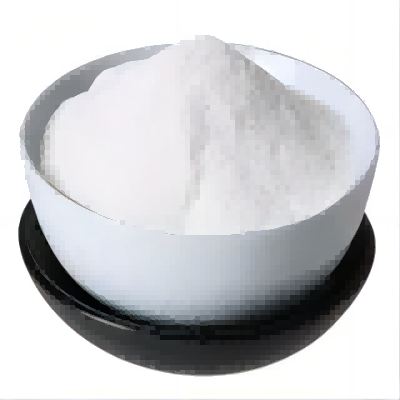Vitamin A CAS:68-26-8
vitamin A plays a role in cell differentiation, which is important for the normal development and maintenance of tissues such as the skin, respiratory system, and gastrointestinal tract. It is also involved in gene expression and regulation. Sources of vitamin A include liver, fish liver oils, dairy products, and fortified foods, as well as colorful fruits and vegetables. Vitamin A's primary function is to support vision, especially in low-light conditions. It helps to maintain the health of the cornea and other ocular tissues, and its deficiency can lead to night blindness and eventually to total blindness. Furthermore, vitamin A is crucial for the proper functioning of the immune system, as it supports the integrity of the skin and mucous membranes, which act as barriers to infection. Moreover, vitamin A is essential for normal growth and development, as it plays a key role in cell differentiation and the maintenance of healthy tissues, including the skin, respiratory system, and gastrointestinal tract. Its role in gene expression and regulation also contributes to overall health. In pregnant women, vitamin A is important for fetal development. Overall, vitamin A is vital for vision, immune function, and cellular health, making it an essential nutrient for overall well-being. However, it's important to consume it in appropriate amounts, as excessive intake of vitamin A can lead to toxicity and adverse health effects.

| Composition | C20H30O |
| Assay | 99% |
| Appearance | orange powder |
| CAS No. | 68-26-8 |
| Packing | 25KG |
| Shelf Life | 2 years |
| Storage | Store in cool and dry area |
| Certification | ISO. |









